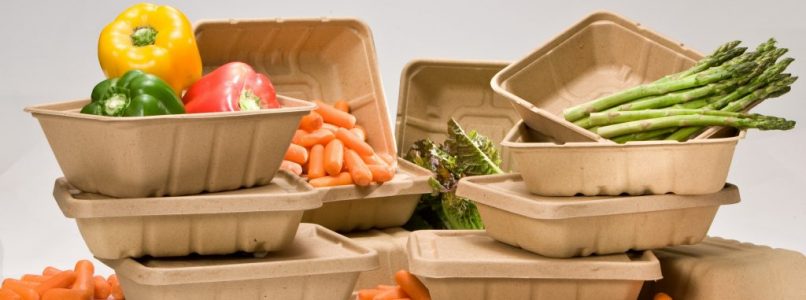Dignity to the land is the company's motto. A new identity to celebrate half a century of the company from the Marche that presents a new sustainable packaging 100% paper and a rebranding that reinforces the values of the past
The Gino Girolomoni Agricultural Cooperative, Marche-based company producing pasta (and not only), makes the leap with a new identity and brand vision, with a new sustainable packaging 100% paper, presented in recent days at SANA 2021, at Bologna Fiere.

The brand, a reflection of a creed
"50 years a story like ours is not told in a few lines, but celebrated with many. – begins like this Giovanni Battista Girolomoni, President of the Gino Girolomoni Agricultural Cooperative and son of the founder Gino – Our story begins with a dream, the dream of my father, pioneer of organic farming in Italy, activist, intellectual, essayist but, more than anything else, a farmer. His entire life has been dedicated to a vision: to restore dignity to the land and its guardians, the peasants. 50 years after the start of this project, we want to reiterate that his commitment is still ours, today and for the future. "
Faithful to the thought and legacy of Gino Girolomoni, today's Girolomoni reaffirms its dream and commitment: "Dignity to the earth!" goal and mission of the company.

The commitment to sustainability takes on a new identity
The Cooperative's commitment is aimed at one 100% organic integrated supply chain. A commitment that does not end in production, but extends to become a welcome, with a farmhouse and an inn, an educational farm for dissemination and meeting, a Foundation to nourish the cultural aspect and finally the arrival of a new 100% paper sustainable packaging.
"In renewing our identity, our name and our monastery have firmly remained the guarantee of our products together with the image of our founder. Logo and symbol form a unique whole, to tell even more strongly our bond with our places, with our land. " says Giovanni Battista Girolomoni.

Sustainable packaging closes the circle of the supply chain
The packaging, represents the last link of a entire virtuous and sustainable supply chain.
“We wondered for a long time about which was the ideal packaging solution to“ close the circle ”, managing this step directly in the least impactful way possible. We chose the paper ”.
Two types of packaging have been chosen for the 2 main product lines:
For the line Durum wheat, the accessible range, a 100% paper reel from responsibly managed forests – Aticelca class A certificate. The printing inks are water based and the heat seal lacquers are water based and solvent free.
For the Ancient grains, our most precious range, we have chosen a 100% recyclable paper bag from responsibly managed forests, with separable cellulose film window, differentiable in the wet. The window, applied in register to avoid waste, enhances the grain and color of our ancient grain pastes, doing justice to the richness of shades of our products.

"For us, organic farming is a way of life. This is why our commitment is aimed at every aspect of the supply chain. A supply chain that wants to be a virtuous expression of peasant civilization in which values such as respect for man and nature and the importance of the given word persist and are still central, which today translate into the use and research of energy from sources renewables, in enhancing the experience and work of farmers, in guaranteeing the consumer a product obtained from Italian raw materials at a fair price, in preserving the natural heritage and the rural landscape. " Girolomoni concludes.

